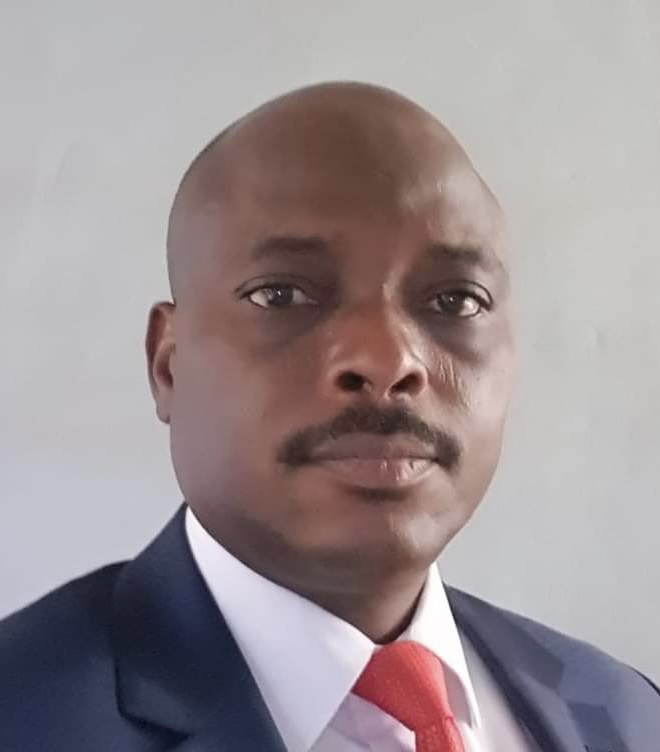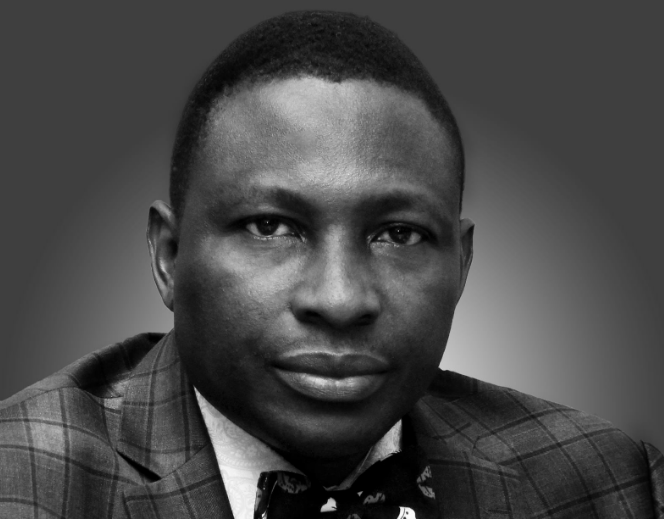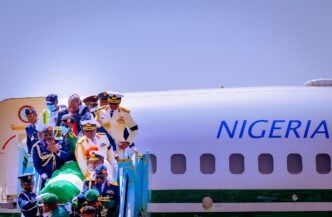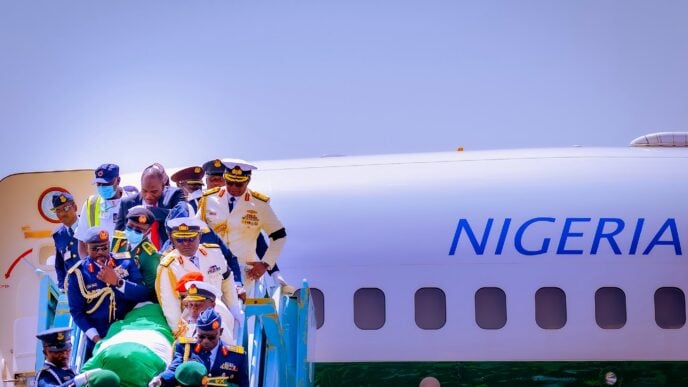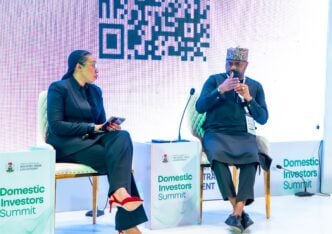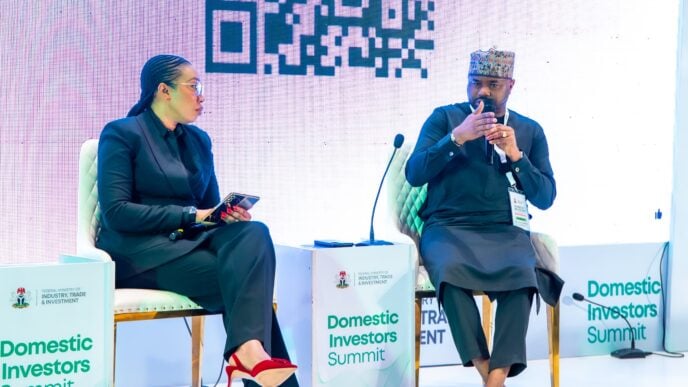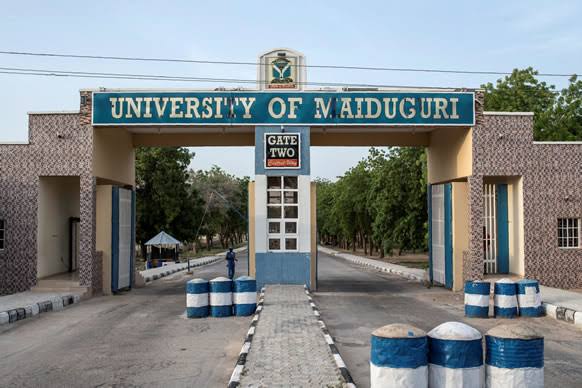As Nigeria edges closer to the 2027 presidential election, warning signs are beginning to flash red across the political landscape. What ought to be a season of consolidation for governance and national development is fast becoming a battleground for old political ambitions, regional rivalry, and personal egos disguised as national interest. If not carefully managed, the 2027 electoral journey may open old wounds, ignite new fires, and plunge the country into avoidable chaos.
The Dangerous Shift from Governance to Politics
President Bola Ahmed Tinubu’s administration is barely halfway through its first term, yet the focus of many political actors, both within and outside his government, has shifted dangerously from governance to 2027. The consequence of this is a clear drift from policy delivery to political calculations. Federal appointments, economic decisions, and public messaging are increasingly being tailored toward securing political survival and preempting future opposition, rather than addressing the urgent needs of Nigerians—hunger, insecurity, unemployment, inflation, and infrastructural decay.
A government that becomes preoccupied with surviving the next election will inevitably lose the moral authority and focus to govern in the present. This is the first danger. Nigeria cannot afford another administration that spends more time scheming than serving.
The North-South Power Rotation: A Sacred Understanding Under Threat
One of the unwritten but widely respected political agreements that has helped hold Nigeria together since 1999 is the principle of zoning and rotation of power between the North and the South. This understanding, although not codified in law, has played a stabilizing role in a country with deep ethno-religious and regional sensitivities.
Advertisement
From 1999 to 2007, President Olusegun Obasanjo from the South governed for eight years. He was succeeded by President Umaru Musa Yar’Adua from the North. Although Yar’Adua’s tenure was cut short by death, his successor, President Goodluck Jonathan, completed the term and won re-election. In 2015, power shifted back to the North with the emergence of President Muhammadu Buhari, who ruled for eight uninterrupted years.
By 2023, the moral and political compass pointed back to the South, and Bola Ahmed Tinubu’s emergence restored that equilibrium. Therefore, any attempt to truncate the zoning arrangement in 2027 by fielding a Northern candidate, especially one as historically controversial and ambition-driven as Atiku Abubakar, will not only offend the spirit of justice but also ignite dangerous sentiments across the South.
The Coalition of Convenience: Atiku’s Last Stand?
Much of the current coalition-building, especially under platforms like the African Democratic Congress (ADC), is nothing more than a desperate, last-ditch effort to fulfil Atiku Abubakar’s lifelong ambition of becoming president. Atiku, who will be over 80 years old by 2027, has contested for the presidency at nearly every turn since the early 1990s. From his failed 1992 campaign under the Social Democratic Party (SDP), to his roles in PDP, ACN, APC, back to PDP and now ADC, Atiku has remained a constant figure in Nigeria’s presidential politics for over three decades.
Advertisement
The question now is not about his right to contest, he certainly has the constitutional right, but about the morality, necessity, and national interest behind that ambition. What new vision is Atiku offering at 80 that he couldn’t implement at 50, 60, or 70? Must Nigeria revolve around the ambitions of one man?
Atiku’s insistence on contesting again speaks volumes about the arrogance of the political elite, who believe Nigeria owes them power, no matter the cost. If this coalition is truly about Nigeria, then it must not be built around a personal ambition cloaked in national rhetoric. Unfortunately, that’s what it currently looks like, a desperate attempt to satisfy ego, not to serve.
A Global Shift: The Rise of Young Leaders
Across the globe, nations are turning to younger, more dynamic leaders who bring fresh ideas, energy, and innovation to the table.
In France, Emmanuel Macron became president at 39.
Advertisement
Finland’s Sanna Marin took office at 34.
El Salvador elected Nayib Bukele at 37.
In Chile, Gabriel Boric was elected at 35.
Even in Africa, Ibrahim Traoré, the leader of Burkina Faso, is under 40.
Advertisement
These are not anomalies. They are signs of a generational shift. A world moving forward cannot be led by leaders clinging to power for 30 or 40 years with nothing new to offer. Nigeria, with over 70% of its population under the age of 35, must not be left behind in this movement.
Tinubu’s Tenure and the Moral Imperative
There are also those who argue that President Tinubu is himself part of the old guard and should step aside in 2027. But the issue here is balance, not individual preference. Since the North held power for eight years under Buhari, the South is morally entitled to complete its own eight-year cycle through Tinubu or another Southern successor. To do otherwise would further alienate the South and violate a long-standing understanding that has prevented civil unrest and secessionist calls in the past.
Advertisement
Tinubu, having secured the presidency in 2023, deserves, at least on the altar of equity,to complete his two terms. However, his tenure must be the last for the current political generation. After 2027 or 2031, it should be mandatory in spirit, if not in law, for the old political class to bow out gracefully.
Beyond the Constitution: Leadership is About Legacy
Yes, the constitution gives everyone over 35 the right to contest. But leadership is not only about rights, it is also about responsibility and legacy. What kind of legacy do leaders like Atiku want to leave behind? That of an eternal contestant who refused to leave the stage? Or that of a statesman who empowered the next generation?
Advertisement
Nigeria’s real tragedy is not just poor leadership but the deliberate exclusion of new ideas and younger patriots. The same names that dominated headlines in the 1980s, Atiku, Tinubu, David Mark, Kwakwanso and others, are still dominating political spaces three to four decades later. A country cannot grow when it is led by the same people who watched it decay.
A New Social and Political Contract
If Nigeria is to move forward, we need a political generational handover, not just of power but of responsibility, narrative, and vision. The youth must rise, not just to vote, but to organise, mobilize, and lead. Parties must reform to reflect the realities of a 21st-century Nigeria. The media must hold the ageing political elite accountable. Civil society must demand an end to this endless cycle of political recycling.
Advertisement
The old generation must understand that leadership is not about dying in power; it is about raising others to take over. It is about knowing when to step aside, when to mentor, and when to let go.
The Danger Is Real, But So Is the Opportunity
Yes, there are dangers ahead:
A North-South divide that could ignite old hostilities.
A self-serving coalition driven by ego, not vision.
A ruling class that is more focused on 2027 than 2023–2026.
A youth population sidelined, disillusioned, and angry.
But there is also an opportunity, a rare chance to reset Nigeria’s political destiny. To choose unity over division, legacy over ambition, and vision over vendetta.
If we waste it, we may not recover easily. If we seize it, Nigeria may finally begin to look like the giant it is meant to be.
Let the wise listen. Let the old step aside. Let the young rise.
2027 is not just another election. It may be the defining moment of a generation.
Tooki is an editor, public analyst and public relations expert
Views expressed by contributors are strictly personal and not of TheCable.
